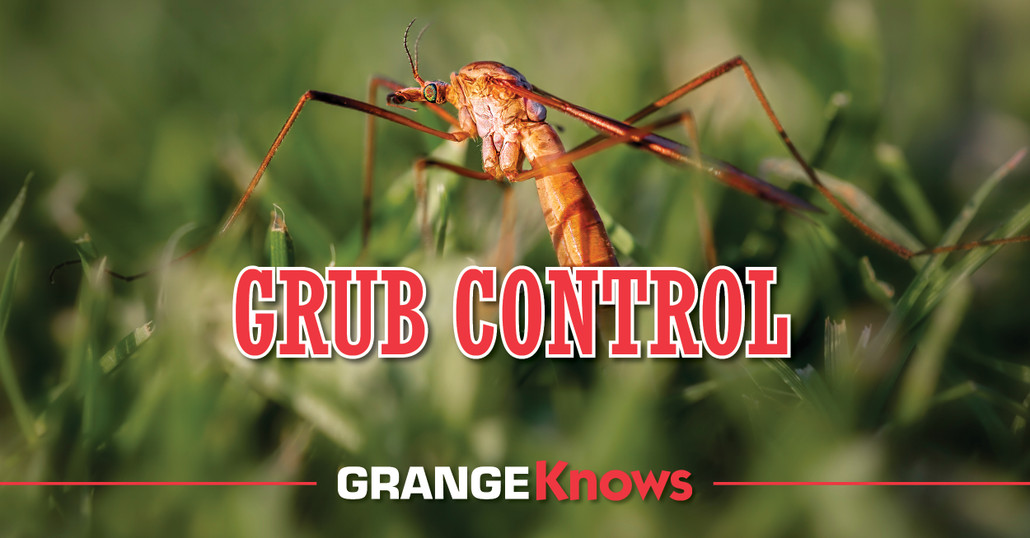Posted by Grange Co-op on 1st Jun 2019
Gardening is a year-round process. Even though weather and timing are important, don't be discouraged and miss out on crops of healthy, homegrown vegetables just because the end of May "deadline" has passed. As Rogue Valley gardeners for many decades, we emphasize that it is not too late to plant a great garden in June.
While it is true that some popular fruiting plants like tomatoes, peppers and eggplants must be set out from started plants… Read more
Posted by Grange Co-op on 24th Apr 2019
Starthistle is one of the most widespread invasive broadleaf weeds in the United States. Since being introduced to California around 1850, it has infested rangelands and natural areas across the nation. It continues to spread via cultivation, poorly timed mowing, road building and maintenance, and overgrazing. Each individual plant can produce over 100,000 seeds; dense infestations yield 50 to 100 million seeds per acre. This GrangeKnows artic… Read more
Posted by Grange Co-op on 26th Mar 2019
Damage from grubs can be easily misdiagnosed. They are unseen pests creating patchy dead spots of grass that often look similar to drought. This GrangeKnows article will provide you the tips and methods necessary for proper grub control.THE LIFE CYCLE OF LAWN GRUBS
The most common lawn grub in the Pacific Northwest is the larvae of the European Crane Fly. These pests prefer to feed on the roots, emerging stems and leaves of grass plants. Adu… Read more
Posted by Grange Co-op on 18th Mar 2019
Despite its plush, fuzzy green exterior, moss can be destructive, often spreading through lawns, eventually choking out grass. When turf grasses are weak, such as near the end of winter when grass is depleted of its nutrients, moss thrives. Moss can overtake weak turf with the ability to weather low temperatures and thrive in shady, wet areas. Moss control is attainable and easily maintained. This GrangeKnows article discusses how to halt moss… Read more



